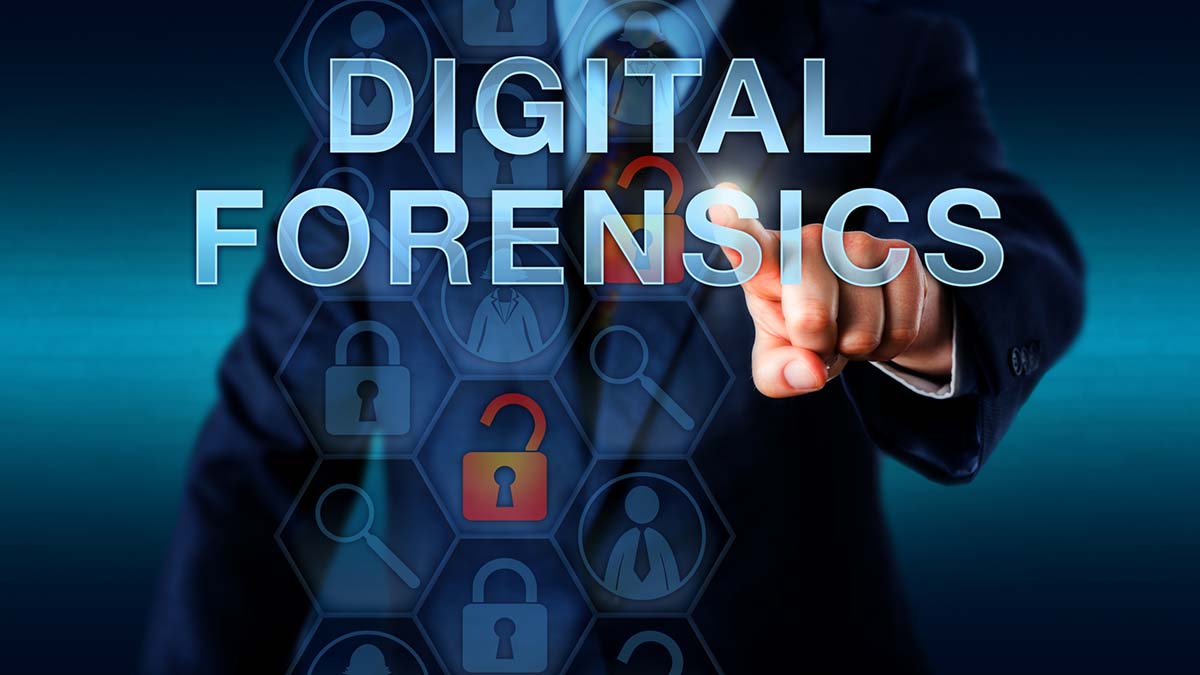Fraud crimes are found in the New Jersey criminal statutes and under federal laws, as well. A broad definition of fraud would be the intentional use of deceit or deception by an individual for his or her personal or monetary benefit.
Most crimes involving fraudulent conduct fall under the category of white collar crime charges because they usually do not include violence or threats to carry them out. The laws that define state and federal fraud crimes will vary depending upon the particular activities being prohibited, but there are certain elements common to all crimes involving fraudulent conduct.
Criminal charges in which plays a key role include:
- A Ponzi scheme
- Health care fraud
- Tax fraud
- Bank fraud
- Computer fraud
- Some Internet crimes
- Mortgage fraud
Each of these crimes includes a misrepresentation by the individual committing them. This is one element of a fraud crime. A second element of fraud is that the person making the misrepresentation knows, or has reason to believe, that the statement or misrepresentation is false.
The criminal conduct continues when the person making the statement does so knowing that it will be relied upon to the detriment of the person to whom it was made. This detriment is usually a financial loss of some type.
A federal investigation into someone’s business activities could lead to allegations of criminal wrongdoing. Criminal defense attorneys know that proving health care fraud, tax fraud or other forms of fraudulent conduct requires evidence to support each of the elements of the crime. For instance, a doctor who bills Medicare twice for the same services to a patient might not be guilty of a crime if the doctor did so believing the services were, in fact, performed.
The laws under which people are prosecuted for fraud are usually complex. A person in need of legal advice relating to criminal charges should speak to a criminal law attorney. This post is not intended, nor should it be relied upon, as legal advice.



Leave A Comment